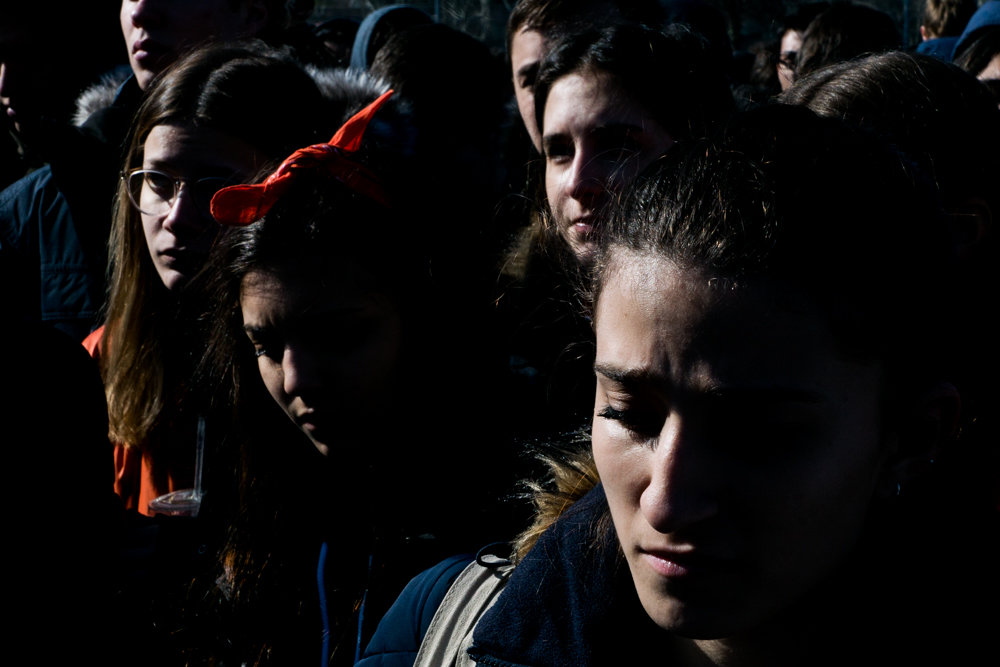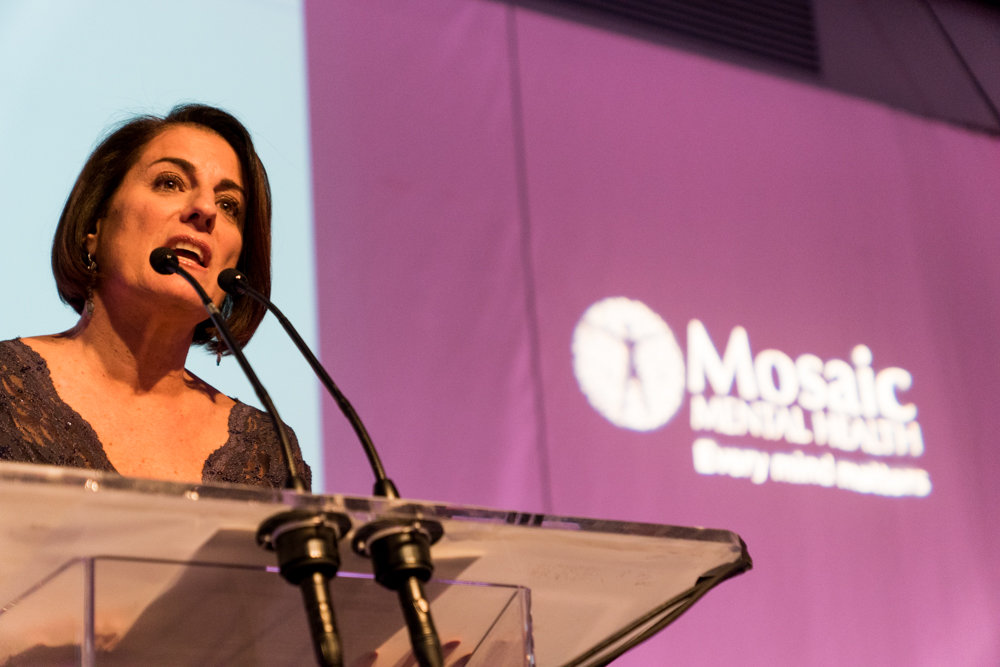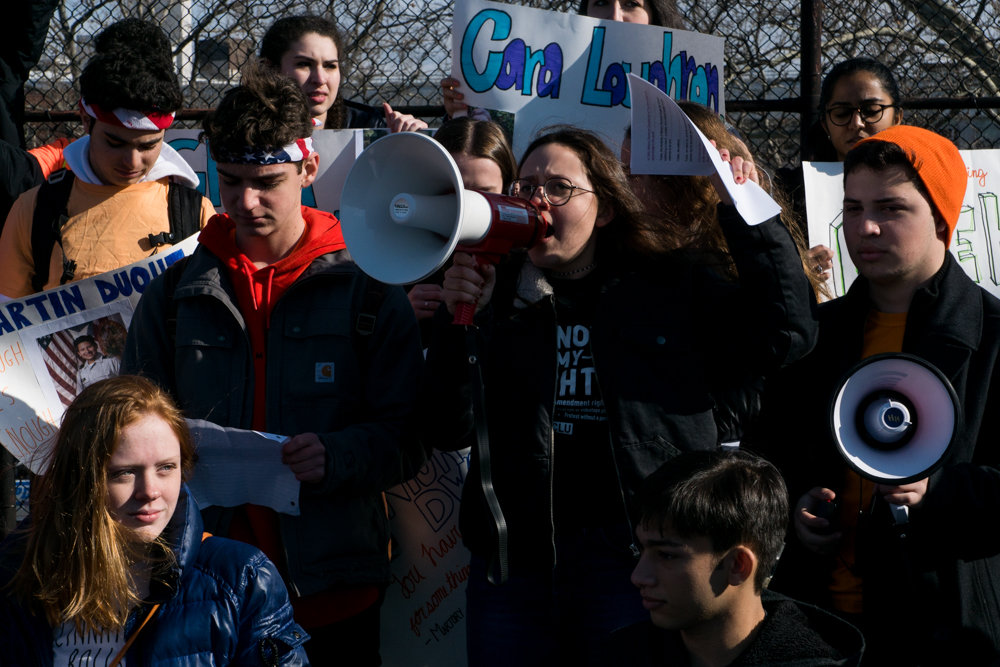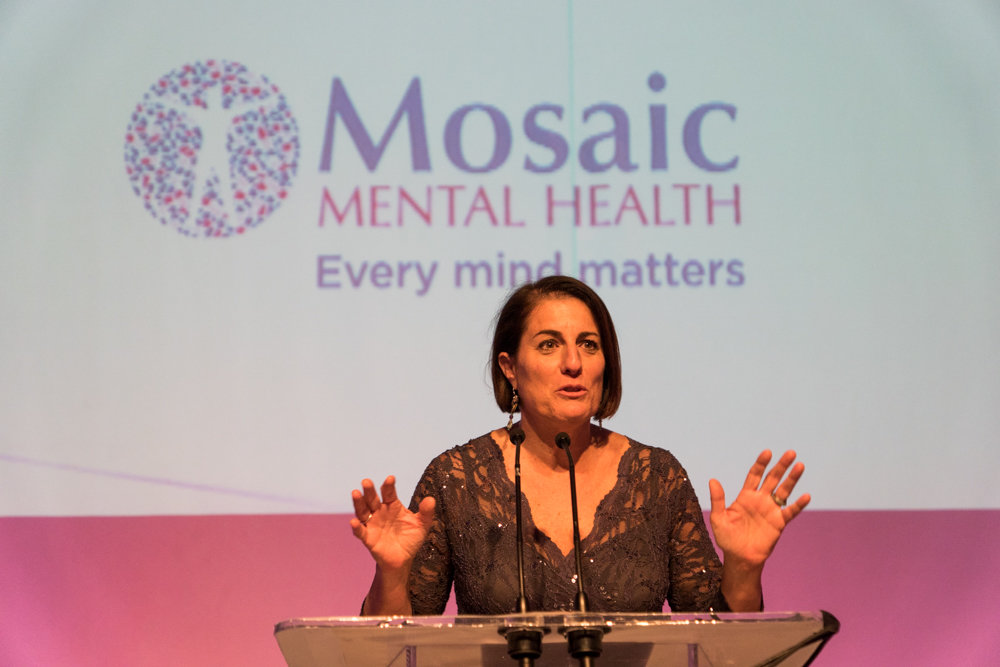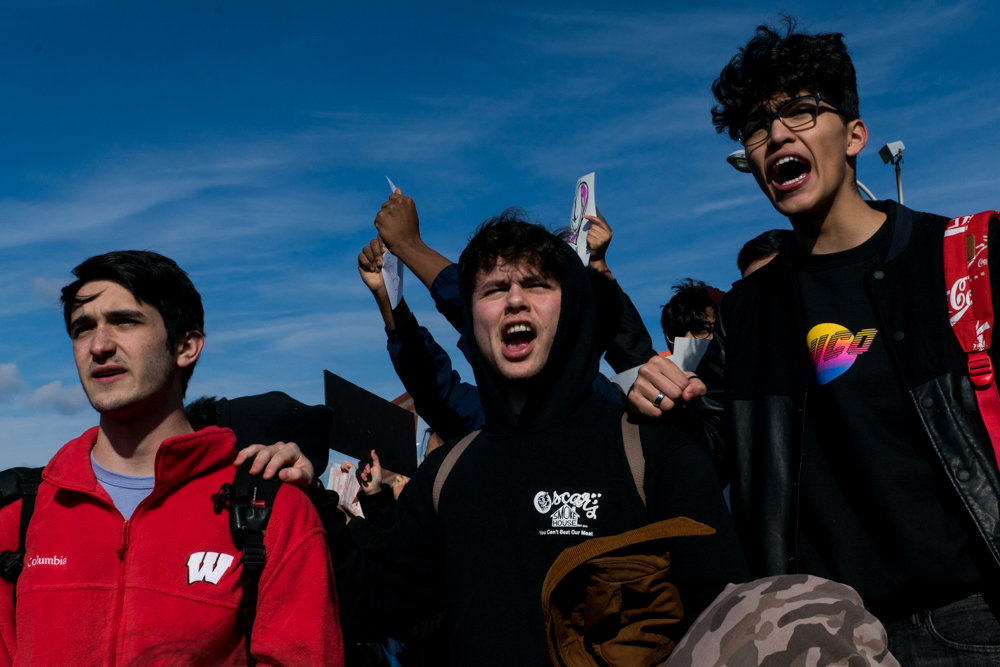Society quick to blame mental illness
Mental illness is not the cause of mass shootings. Period.
If there’s one thing Donna Demetri Friedman wants people to understand is that politicians blaming the kind of massacre that happened in El Paso, Texas, and Dayton, Ohio, on mental illness is false, harmful and a scapegoating tactic.
Using the term “mental illness” as a catch-all does not recognize the continuum of mental illness and mental wellness that stretches throughout an individual’s lifespan, said Friedman, executive director of Mosaic Mental Health in Riverdale.
“There are the biological substrates of depression and anxiety and schizophrenia and bipolar disorder,” Friedman said. “To put it into a large blanket statement in this way is so irresponsible, number one.”
Most mass shooters have no diagnosed mental illness. In a study by the FBI of 63 shooters, just a quarter had a diagnosed mental illness. Only three had a psychotic disorder.
A 2015 study of 235 mass shooters found only 22 percent had a mental illness. In 2018, a study by the Secret Service found most mass shooters have a grievance against a person or group of people, or a stressor like loss of a job, financial instability or problems at home. Some want the infamy of committing a massacre.
Even others are copycat shooters, motivated by the sensation they see in a shooting’s aftermath.
“The other thing that people are talking about is violent video games, which I find disturbing,” Friedman said. “There’s no statistical link between playing violent video games and shooting people. The link is having access to guns.”
After 22 people were killed in one of its department stores in El Paso, Walmart removed displays depicting what it deemed to be violent video games while continuing to sell guns.
There are more guns in this country than there are people, Friedman said. The statistics are 120.5 guns per 100 people in this country, making it the most heavily armed country in the world. Only Yemen, with 52.8 guns per 100 people, comes close.
People with a serious mental illness are 23 times more likely to be the victim of violent crime, Friedman said. According to the Centers for Disease Control and Prevention, of the roughly 45,000 people who committed suicide in 2014, half used a gun.
The Harvard T.H. Chan School of Public Health found a link in 2007 between households that owned guns and higher suicide rates.
“The study found that males and females and people of all age groups were at higher risk for suicide if they lived in a state with high firearm prevalence,” the school’s website states.
The person who pulls the trigger becomes the focus after a mass shooting, but access to firearms needs to be part of the conversation as well, Friedman said.
When he took office, President Donald Trump reversed existing regulations that made it harder for people suffering from a mental illness to obtain a gun. Health professionals like Friedman support reinstating those restrictions to protect those who are more vulnerable to self-harm.
After the shootings in El Paso and Dayton, Trump blamed the internet for providing “a dangerous avenue to radicalize disturbed minds and perform demented attacks,” according to reports, adding that “mental illness and hatred pulls the trigger, not the gun.”
When mental illness is widely vilified, it makes those with an illness feel they’re a threat and that exacerbates their symptoms, Friedman said. It deters anyone who feels reluctant to seek help for their mental illness.
“I have, for 27 years, been in direct contact with people with all kinds of struggles, and I have never felt threatened,” Friedman said. “I’m one person, but there are thousands and thousands of us out there every day working with people with a whole range of psychiatric disorders.
“We are not in harm’s way, but it’s being used to rally people around the idea that they should own guns and protect themselves from this threat which doesn’t exist.”
Blaming mass shootings on mental illness is statistically false, misleading to the public, harmful to those in need of treatment, and enables the proliferation of guns to continue, Friedman said.
Access to guns is the main cause, and until it’s addressed, other shootings will occur.
“And the reason for guns are their lethality,” Friedman said. “If somebody is wielding a hammer or a knife or something else, they can be contained more easily.
“But the ability to access guns is ubiquitous in this country. It’s confounding listening to people talk about their rationale for having a gun.”

